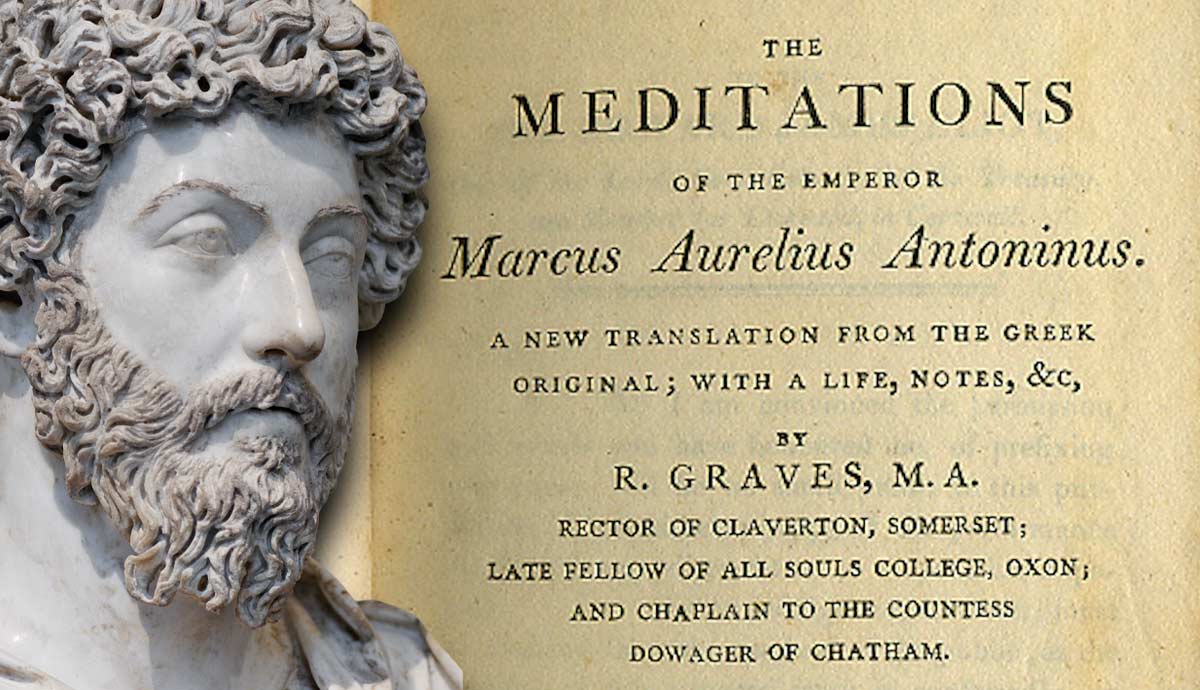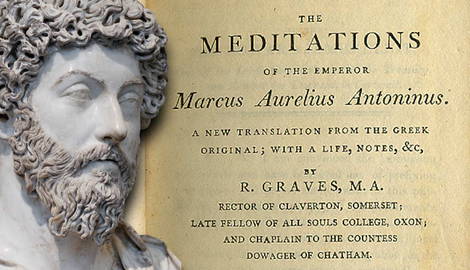
When we encounter challenging obstacles in our lives, we instinctively tend to fight against them, escape them, or simply freeze. Marcus Aurelius, however, responded to obstacles in a different way. Armed by the wisdom of Stoic philosophy, he considered barriers on his journey to be the essence of his path. His teachings on resilience can help us learn how to work with, rather than against, the hardships we face.
Resilience According To Marcus Aurelius

According to Marcus Aurelius, resilience is an inner strength in the face of adversity that allows us to turn obstacles into opportunities. It is not an innate quality, but a way of consciously responding to hardships – a choice. Aurelius’ views on resilience, as outlined in Meditations, are deeply anchored in Stoic philosophy and are essentially the outcome of applying its core principles to his personal life. In Meditations, he described resilience as an “inward power” that “turns obstacles into fuel”. It does not depend on external factors, but on our inner ability to adapt to obstacles. According to Aurelius, resilience is hence an inner plasticity that allows us to accommodate whatever adversities we encounter.
Rather than seeking the change of the external events causing our hardships, we must seek the inner changes necessary to allow us to adapt and work with them. To that end, Aurelius outlined several approaches following fundamental Stoic principles.
Why Did Marcus Aurelius Say “What Stands In The Way Becomes The Way”?

Marcus Aurelius said “What stands in the way becomes the way” to underpin his core teaching on resilience. By reframing obstacles as part of the path rather than a hindrance to it, he applied one of the most fundamental principles of Stoic philosophy – the importance of perception. If we perceive obstacles as hindrances to achieving our goals, we would allow them to limit and obstruct us. If we, however, perceive obstacles as integral to achieving our goals, we can use them as opportunities to fuel our endeavors. By shifting our perspective, we can change the way we relate to obstacles, resulting in the transformation of any adversity.

A tree doesn’t lament the shadows that obstruct its growth, but bends towards the light, becoming a unique marvel of nature. The presence of obstacles is why no tree found in nature is identical to another, even if they belong to the same species. Likewise, obstacles shape the paths of our growth in unique ways. They don’t stand in our way to obstruct it, but to create it. By standing in the way, they effectively become the way. As Aurelius explained in Meditations, “Just as nature takes every obstacle, every impediment, and works around it—turns it to its purposes, incorporates it into itself—so, too, a rational being can turn each setback into raw material and use it to achieve its goal”.
Whatever impedes our actions opens an opportunity for a new course of action that we couldn’t have otherwise considered. Without changing our perspective about obstacles, we will never be able to adapt and use them as opportunities to reach our goals and grow in ever more unique ways.
Resilience As An Inner Adaptation

Resilience is an inner adaptation because while we cannot control external events, we can control how we respond and react to them. As Aurelius emphasized in Meditations, “You have power over your mind, not outside events”. When we face obstacles, our first instinct is to look for solutions outwardly rather than inwardly. Effectively, we seek to address problems from the scope of what is largely beyond our control, resulting in unnecessary anxiety and suffering. An obstacle is essentially a dissonance between two factors – inward and outward. A change in any of these factors can transform any situation. While we cannot control the external factor, we have full control over the inner – our own mind. Resilience is essentially an inner adaptation to obstacles because we cannot change what we cannot control.

Accepting our lack of power over outside events can redirect our focus to where our actual power lies, enabling us to be resilient in any situation. Instead of feeling helpless in adversity, we can resort to our inner resources, which are always within the domain of our control. The mind is where our true power lies. So long as we are fixated on external events, we will never be able to inwardly adapt to obstacles because our attention will be focused elsewhere. If we can use the power of our mind to change our perspective about whatever stands in our way, we can learn to use any obstacle as an opportunity that can help us move forward.










